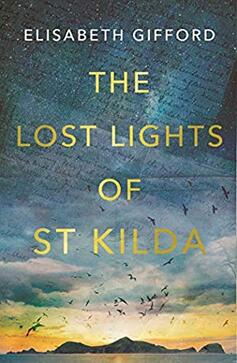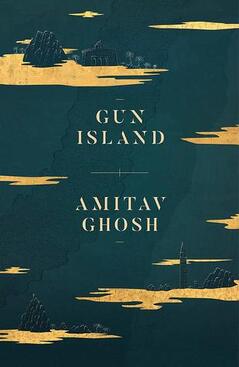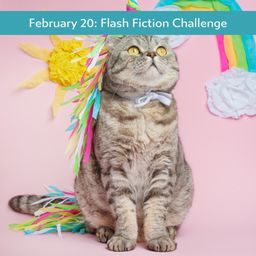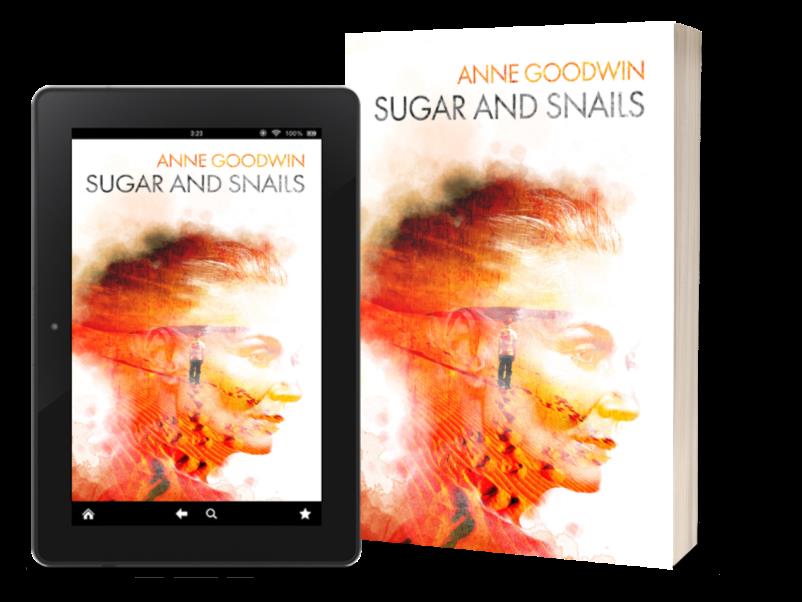The Lost Lights of St Kilda by Elisabeth Gifford
Three years on, Chrissie has moved to the mainland along with her baby daughter. Harsh winters, illness, social isolation and a dwindling population, has led to the entire community’s evacuation and the loss of traditional skills and customs, such as abseiling down a precipitous cliff to collect fulmar chicks for food. But the novel opens with Fred in 1940 in a prison cell in Nazi-occupied France. In the two years he’s on the run, trying to make it home to Scotland, thoughts of Chrissie keep him alive.
Despite the painful topics, of survival, in poverty and in war, this is an undemanding read, with a beautifully realised portrait of a lost way of life. The emotional themes – a love triangle, a culture clash, betrayal and trust – are fairly familiar; although there’s a poignancy to the abandonment of the island, and tension in Fred’s dependence on the resistance movement to get him out of France, I’d have preferred the characters to have shown more of the dark sides. That says more about me than the book, which I can’t fault! Thanks to publishers Corvus for my review copy.
Gun Island by Amitav Ghosh
Cinta, a charismatic professor of Venetian history and one of Deen’s oldest friends, is intrigued by the story, finding links between the strange symbols on the shrine in the Sunderbans and the Italian city on the lagoon. Travelling to Venice, Deen follows not only the trail of the sixteenth century Gun Merchant but of modern-day migrants from Bangladesh.
In his twelfth novel, Amitav Ghosh weaves folklore and global history with the contemporary crises of climate and refugees into a mystery-cum-love story with a hint of magic realism thrown in. The thread on precognition / intuition didn’t appeal so much to me, but the history certainly did, learning a little more about the mini ice age preceding the Thirty Years War (which cropped up in Tyll by Daniel Kehlmann) and the origins of Bangladesh.
I wrote about my visit to Bangladesh in a review/memoir post: The Book of Dhaka. Being in the country on February 21 ensured I learnt about the language martyrs of the separation struggle from West Pakistan, and fell in love with the Ekushe song (which you can hear if you follow the link to the post). What I hadn’t known until reading Gun Island, was that the push for independence wasn’t solely about language but also rage at the lack of government support following the deadliest cyclone on record which killed 300,000 people in 1970. So thanks to the author for that and to publishers John Murray for my review copy (although someone needs their knuckles rapped for a couple of editorial slipups including “their supporters had come a long way to support their cause” p298).
| This week’s challenge is to write a 99-word story about a library cat named Rainbow who escapes. If there was a cat in either of these novels, she made no impression on me. I decided, instead, it would be fun for my cat to leave the university library in Dhaka on February 21. If you want to know what she was met with, follow this link for the video. |
Stirred from sleep by the siren, Rāmadhanu refused to open an eye. She’d retired from sex and mousing; it took more than a randy tom to tempt her from between the library stacks.
But the sound insisted. Nature obeyed. Rāmadhanu pawed the scorching pavements, dust tickling her nose.
Humans! She’d abandoned her nest for this? Yet instinct prevailed once again. As they meowed by drawing bows on tautened strings, Rāmadhanu joined in, her voice soaring heavenward.
Until muzzled by a memory, a tale of students martyred here for their mother tongue. Rāmadhanu tuned into the haunting melody. Music, bittersweet.
| On the topic of fictional cats, one has a minor role in my debut novel, Sugar and Snails, about a woman who has kept her past identity secret for thirty years. But even Marmaduke had her moment of fame when she was “interviewed” last year on Lisa Burton radio. Click on image to check it out. |


























 RSS Feed
RSS Feed





















